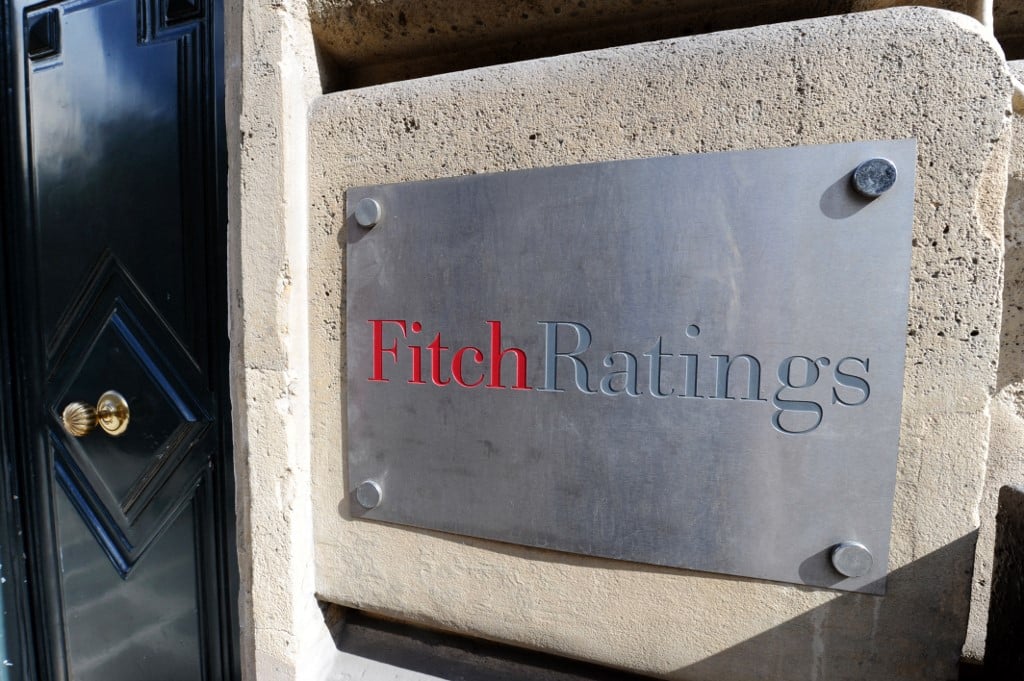
AFP PHOTO
President Marcos’ choice to ban offshore playing operators that after heated up the nation’s property market might harm the asset high quality of Philippine banks, though the injury could be contained by lenders’ wholesome buffers towards losses, Fitch Rankings stated.
In a commentary despatched to reporters on Monday, the credit standing company stated residential mortgage and shopper mortgage credit score high quality might be affected by job losses if Philippine offshore gaming operators (Pogos) wind down on the finish of the yr as Mr. Marcos directed.
However Fitch stated the injury to banks’ asset high quality would “probably be restricted in scale” due to their adequate loss-absorption buffers.
On the identical time, the debt watcher stated many native banks had develop into “extra averse” to lending to Pogo employees as a result of “excessive coverage threat” amid loud calls to ban the sector that, the President stated, had enabled crimes like cash laundering.
Restricted publicity
That aversion, in flip, helped restrict the publicity of each lenders and landlords to the controversial trade.
“Many massive actual property builders have been proactive in limiting publicity to Pogo tenants,” Fitch stated.
“We count on debt-servicing capability to stay sturdy among the many massive listed corporations which have larger reliance on Pogo tenants, and estimate their Ebitda (earnings earlier than curiosity, taxes, depreciation and amortization) at over 4x annual curiosity expense, even when all of their Pogo tenants have been to depart,” it added.
The proliferation of Pogos, which closely employed Chinese language nationals catering to gamblers in mainland China, coincided with the rise to energy of former President Rodrigo Duterte, who moved the Philippines nearer to China and away from the USA.
The inflow of Chinese language Pogo employees pushed up property costs and consumption in Manila. However the enhance light when the cash-strapped authorities tightened rules to gather taxes from Pogos on the top of the pandemic, a transfer that prompted many on-line casinos to go away.
Knowledge compiled by Fitch confirmed 7 % of banks’ whole residential mortgage portfolio had soured within the first quarter of 2024, displaying an enchancment after peaking at 9.6 % within the third quarter of 2021.
However the ratio stays larger than the prepandemic degree of three.1 % which, Fitch stated, mirrored partly a fallout from speculative exercise and extra lax housing loans credit score requirements throughout the Pogo increase years from 2016 to 2019.
However Fitch stated property-related losses related to Pogo closures wouldn’t be important for banks, that are required by regulators to exhibit frequent fairness Tier 1 and whole capital ratios of 6 % and 10 %, respectively, after writing off 25 % of their actual property exposures.
“This could make sure that loss-absorption buffers are aligned with their publicity to the sector,” Fitch stated.
”Furthermore, banks’ record-high margins and better mortgage development … are more likely to compensate for larger credit score prices related to potential new impairments from the Pogoban,” it added.

